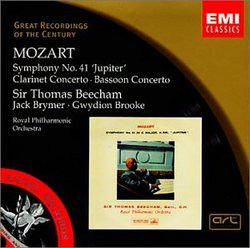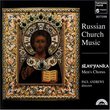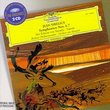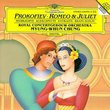CD Details
Synopsis
Amazon.comSir Thomas Beecham was always known as a dedicated, even pioneering, exponent of Mozart's music. These recordings were made toward the end of Beecham's life, in 1957, '58, and '59 (he died in 1961), by which time he had become inclined to introduce certain "improvements" into Mozart's scores. For example, in the "Jupiter" Symphony, which he had recorded twice before, he added instruments in salient passages, changed registers, and muted the strings only at the end of the slow movement. More surprising here, however, is the absence of Beecham's famous imaginativeness. The performances are predominantly on the slow side: stately, deliberate, stolid. The symphony is rather cool, prosaic, and foursquare, with a lot of accents. The Minuet is not only slow, but lethargic and a bit coarse; the Finale loud and aggressive, though the counterpoint is clear. The soloists in the concertos are the orchestra's principal players, whom Beecham always liked to showcase. In the great, late Clarinet Concerto, Jack Brymer's tone is mellow and beautiful, his playing easy and smooth as butter, but also a little stiff and lacking in poetry. The slow movement is extremely slow, but he sustains both breath and tone without strain. The Finale is best: lively, humorous, and varied. The much earlier Bassoon Concerto is less sophisticated, especially in its orchestration, but it is a charming, vibrant work. Gwydion Brooke revels in its sprightliness and virtuosity and uses his own brilliant cadenzas. The slow movement is simple and lovely; the Finale is a set of variations. Beecham accompanies with meticulous care, and there's a sense of spontaneous collaboration between soloists and orchestra. --Edith Eisler
Similarly Requested CDs
| |
CD Reviews
A lovely way to be introduced to Beecham's Mozart Santa Fe Listener | Santa Fe, NM USA | 12/14/2006 (4 out of 5 stars) "It's quite unfair for the Amazon reviewer to describe these late Mozart recordings from Beecham as "stately, deliberate, stolid." True, he came from an earlier generation of Mozarteans, and his tempos arern't brisk, but the correct adjectives are "easy, natural, and good-humored." Beecham's Mozart always creates a smile. The best example is his delightful Abduction form the Seraglio (EMI). This Sym. 41 plus two wind concertos isn't that ebbulient, but it's full of energy and life.
EMI has done a fine job remastering the late-50s sonics. They are still a trifle thin on top and tubby on the bottom (much like listeners of my age). Have no fear that these performances are dull or that Reginald Kell, the solist in the clarinet concerto, plays stiffly, as the Amazon reviewer claims. He doesn't attack his phrasing with extroverted energy (the current style) but adheres to Beecham's smooth, laid-back approach. In the bassoon concerto Gwydion Brooke's ability to make his instrument sing and chuckle by turns is a pure delight."
|


 Track Listings (10) - Disc #1
Track Listings (10) - Disc #1







